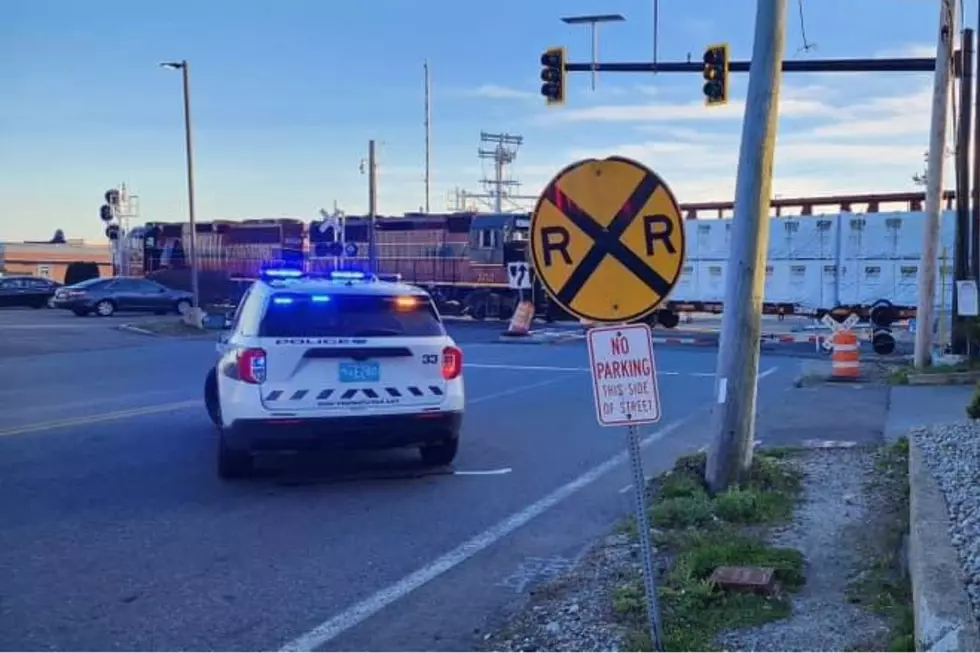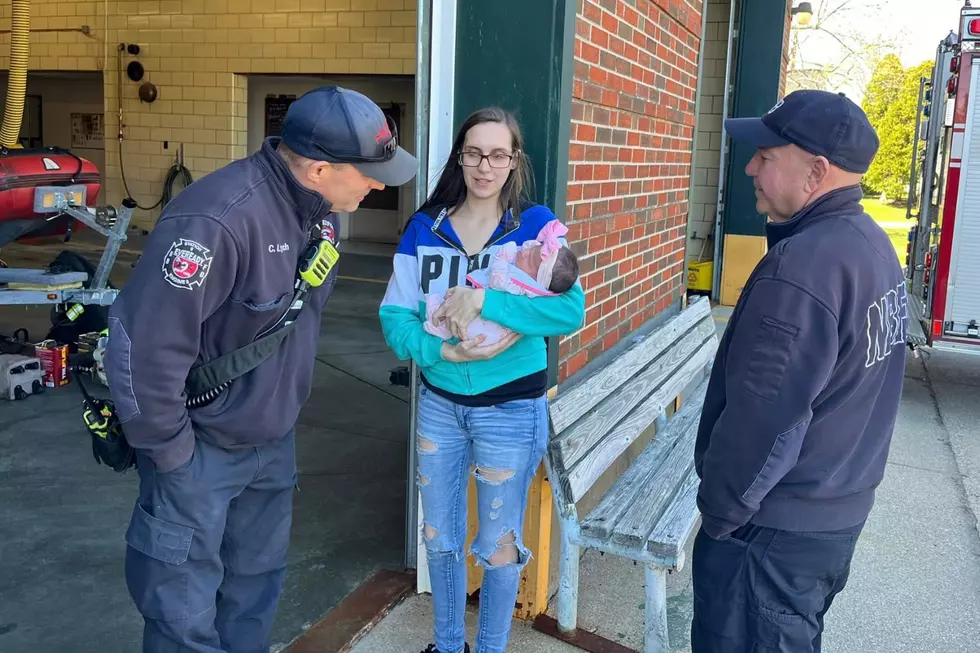
CDF Addresses Questions About Clinton’s New Bedford Story
After Hillary Clinton mentioned her encounter with a handicapped girl in New Bedford during an address at the Democratic National Convention in Philadelphia there were questions raised about that encounter.
The incident took place while Hillary Clinton was working for the Children's Defense Fund in the 1970's.
WBSM News reached out to the organization to try and get answers regarding some of those questions.
Patti Hassler, the organization's Vice President of Communications and Outreach, replied via e-mail regarding these concerns.
Hassler says they surveyed 8,500 households for their report "Children Out of School in America."
The interviews took place in Alabama, Colorado, Georgia, Iowa, Kentucky, Maine, Massachusetts, Mississippi, and South Carolina and the District of Columbia.
Hassler also says that additional interviews were conducted with school officials and community leaders in those areas.
Those skeptical of Clinton's story questioned why the girl in the wheelchair wasn't specifically mentioned.
Hassler says that just because someone was interviewed, doesn't mean that they would be mentioned in the report.
"In New Bedford alone, 631 children were surveyed," said Hassler "certain stories were chosen for the final report that were considered by CDF staff to be representative of the thousands of other stories gathered."
Following Clinton's speech long time city activist Marlene Tavares came forward to tell the Standard Times that when was working for Onboard, Inc. she accompanied Clinton to the interview and remembered the girl.
That brought questions from some regarding why her name wasn't listed in the report as a monitor.
Hassler said monitors organized staff and volunteers who accompanied the CDF staff person who was conducting the survey and that many of those who accompanied the CDF staff weren't monitors and wouldn't necessarily have been listed.
"Local organizations, which CDF had thoroughly vetted as reliable partners, had volunteers and staffers working with CDF staff to conduct the surveys," said Hassler "people mentioned by name in the report were mostly school officials and community leaders who were interviewed. "
There also references made to Mayor John Markey who said that the city wouldn't have denied the girl education and in fact had provided services for disabled children.
Hassler says that although the services may have been available that doesn't mean all handicapped children were attending school at the time.
"In 1973 some special needs children were receiving services in schools, many were not. Although Massachusetts had recently passed its landmark Special Education bill known as Chapter 766, implementation was in early stages when research for this report was done. Many children with special needs were out of school. The reasons varied," said Hassler.
"Sometimes parents didn't speak English well and didn't know services were available. Shame was prevalent in families with children with physical, mental or learning disabilities so that was a barrier too. Schools were not obligated to provide individual learning plans until federal legislation passed in 1975, the Education for All Handicapped Children Act which provided the right for all children to a free, appropriate public education. Implementation took years. Children with disabilities still face disparate opportunities from their peers and are more likely to be out of school as recent reports from the Office of Civil Rights in the U.S. Department of Education have shown."
The entire report can be found on the organization's website.
More From WBSM-AM/AM 1420









